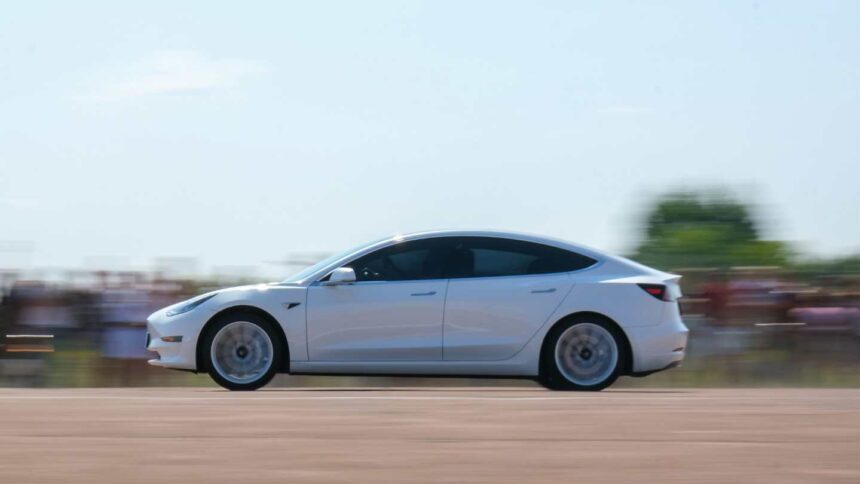A Tesla driver named Brianna Janel was trapped inside her car due to soaring temperatures while the system was undergoing a software update. She had parked her car in a Chick-fil-A parking lot and initiated the update, but it exceeded the estimated completion time and left her stranded.
Janel shared her struggles on social media as the temperature rose to a blazing 103 degrees. She expressed her increasing anxiety as she was unable to use her car’s features, including the air conditioning, fearing it would interfere with the ongoing update process. This situation raises concerns about the safety of Tesla’s update mechanism, which renders the vehicle unusable.
This is not the only instance in which Tesla’s technology has caused distress to its users. There have been multiple reports of malfunctions, such as:
• Tesla’s Autopilot has been involved in 736 crashes since 2019, raising questions about the safety of the self-driving technology.
• Approximately 2 million Tesla cars were recalled due to problems with their self-driving features, which were linked to nearly 1,000 crashes and about 40 fatalities.
• Owners of the highly-anticipated Tesla Cybertruck have reported multiple malfunctions, with one entrepreneur experiencing over 30 failures on the vehicle’s first day.
• Nearly 12,000 Tesla vehicles were recalled due to a communication error that could cause false forward-collision warnings or unexpected activation of the emergency brakes.
• The driver of a Tesla Model S collided with seven other cars in San Francisco while the car’s Autopilot system was engaged.
The recent incidents involving Tesla bring to light the company’s difficulties as it strives to advance automotive technology. Although Tesla remains committed to innovation, these mishaps remind us of the significance of thorough testing and safety measures to safeguard customers from potential dangers.



